#academic film
Explore tagged Tumblr posts
Text
Behind the scenes editing!
Here's a little behind the scenes look of Breaking The Thin Blue Line, with countless hours of not just capturing everything on video and audio, but editing it all as well.
This has been an extremely fun project to do, and I'm excited to share it with you all very soon!
youtube
#uhwo acm#law enforcement#youtube#cinema#police#film production#capstone#short film#academic film#film#Youtube
4 notes
·
View notes
Text




“To create a ghost story is nothing. Quickening of the heart, a brief half-image of terror. In the end, nothing. But to create a ghost…”
— Dark Academia.
#film screencap#aesthetic#moodboard#edit#dark academia#aes#books and libraries#art#culture#fashion#light academic aesthetic#autumn#autumn days#chaotic academia#light academia#cottagecore#aesthetics
615 notes
·
View notes
Text

I Origins (2014)
Director: Mike Cahill
#light academia#dark academia#classical#academia aesthetic#escapism#academia#books and libraries#classic literature#books#architecture#film#movie#quote#cinephile#poetic#eyes#universe#i origins#mike cahill#royal core#cottage core#aesthetic#academic#artistic#mood#vibe#tumblr
220 notes
·
View notes
Text
How to Nail your School Essays
Not to brag, but I’m kind of a big deal when it comes to essays at my school. Since I started highschool I haven’t received a grade less than 90% on an essay—so I’m here to share my secret. This works for the classic essay, but you can also use the same advice and fit it to formal reports or other academic writing.
1. Your essay is about 2 things, demonstrated 3 or more times
This is how I’ve always thought about essays. They’re about two ideas, demonstrated as many times as you need to fill the wordcount. Shakespeare + Feminism, Media + Truth versus Misconception, etc. etc. If you’re lucky, your teacher or prof will give you one of your elements. You’ll get assignments like, “write an essay about Hamlet” or “write an essay about the American dream” lucky you, that’s your first thing—now you need to connect it with another.
This connecting idea is my favourite part because you just get to choose a concept or idea you’re interested in. Here’s a tip, if your first/given topic is something concrete, choose an abstract connecting idea. If your given topic is something abstract, choose a concrete.
So, Hamlet (concrete) could be paired with any abstract concept: Loyalty, Truth, Feminism, etc.
However, if your prof gives you something like, “truth” or “race theory”, you’ll find it much easier to connect that with a more concrete thing, like a book, movie, or other piece of media, or even a specific person.
If you are luckiest, your prof will give you both things, “write about the American Dream in The Great Gatsby” in this case, you’re onto the next stage.
2. Stick to the formula
Tried, tested, true. Nothing wrong with a formula, especially not when it gives you A+ grades. Typical essay structure is:
Intro with thesis
2. 1st Body
2a. Evidence that proves it 1
2i. Justify its relevance
2b. Evidence that proves it 2
2ii. Justify its relevance
Etc.
3. 2nd Body
3a. Evidence that proves it
3i.Justification
Etc.
4. 3rd Body
4a. Rise and repeat, you know where this is going.
5. Some may argue…
6. Conclusion
Let’s break it down.
Thesis:
Thesis completely outlines all your points, or the three+ places you’re demonstrating your connection, and why it matters.
Here is an intro + thesis I wrote a couple years ago:
“This literature review will explore the impacts influencer marketing has on the children that regularly consume social media content. Specifically, this review will focus on how influencers can impact children’s brand preferences, dietary choices, and lastly, the influx of children taking advantage of this system and becoming influencers themselves.”
Or
“Burned discusses the human aspect of sex work and reverses reader’s expectations on sex workers, while Not in My Neighbourhood discusses prostitutes as victims of a system created against them. Both challenge readers’ perceptions of sex workers, effectively drawing attention to the ethics of displacing sex workers from their cities.”
So you have your connection (children and social media)/(Burned and Not in My Neighbourhood and sex work), and the different ways you plan on exploring or proving that idea (children’s brand preferences, dietary choices, children becoming influencers.) etc.
You may also have a more specific stance in your thesis. Such as, “In Macbeth, ambition is shown to be Macbeth’s ultimate downfall in these three ways.”
The Body Paragraphs
You start out every body paragraph with the point of the paragraph, or what it’s aiming to prove. Such as, “Influencers often include advertisements within their content, which can encourage children to feel more amiably to certain brands their favourite content creators endorse frequently more than others.”
After this claim, you spend the rest of the paragraph further proving it through examples. This will look like citing a specific source (a book, academic journal, quote, etc.) such as, “The authors claim likeable influencers can associate their likeability with the products they use, influencing children’s perception of brands, referred to as ‘meaning transfer’ (De Veirman et al. 2019)” (super important to always cite these sources!)
The last part is after each example/proof--you need to justify why this proves your point/is important. So, “This proves children are more influenced towards certain products depending on how close of a relationship they perceive to have with the influencer.”
Typically, your evidence will all lead into each other so you can transition to the next piece of proof, then the justification, rinse and repeat until you’re finished your paragraph. You can have as many pieces of evidence as you want per paragraph, and the longer your word requirement, the more you’ll want to fit into each point (or the more bodies you want to have.)
Piece of evidence + why it matters, rinse and repeat.
Some May Argue:
This is a small paragraph just before your conclusion where you anticipate an argument your readers may have, and disprove it. So, for example, you’d start with, “Some may argue that with parent supervision, the impacts of influencers on children could be lessened or moot. However…” and then explain why they’re wrong. This strengthens your argument, and proves that you’ve really thought out your stance.
Conclusion:
�� Lastly, you want to sum up all the conclusions you came to in a few sentences. Your last line is one of the most important (in my opinion). I call it the mic drop moment. Leaving a lasting impact on your reader can bring your essay from an A to an A+, so you really want to nail this final sentence.
My final sentence was, “Ultimately, it is hard to know in advance how technology and social media will impact the development of children who have always grown up with some form of screen, but until they grow up, parents and caregivers need to take care in the content their children consume, and their very possible exploitation online.”
This sentence is backed by the entirety of the essay that came before it, and usually leaves a little something to chew on for the readers.
Any other tips I missed?
#writing#creative writing#writers#screenwriting#writing community#writing inspiration#filmmaking#film#books#writing advice#how to nail your school essays#essay writing#academic writing
969 notes
·
View notes
Text

#artists on tumblr#art#dark academia#light academia#photography#artwork#film photography#film#cinema#cinemetography#quote#quotes#dark art#b&w#black and white#b&w art#b&w picture#b&w photography#b&w aesthetic#be alone#arte digital#vintage#blanco y negro#gothic#gothic art#goth art#goth#goth aesthetic#dark academic aesthetic#dark core gothique
102 notes
·
View notes
Text
happy holdovers season to all those who celebrate

#the holdovers#dark academia#deadpoetsnet#kill your darlings#my post#new poets society#academia aesthetic#sleep deprivation#english literature#books & libraries#poem#70s aesthetic#70s#70s academia#dark acadamia aesthetic#light academia aesthetic#classic academia#academic#academia#romantic academia#chaotic academia#filmcommunity#film#letterboxd#classical literature#poets on tumblr#dead poets society
134 notes
·
View notes
Text

Loving Vincent, 2017 🌻
#academia#aesthetic#university studyblr#student#uni#studyblr#van gogh#vincent van gogh#impressionism#art history#loving vincent#movie quotes#movie qoute#films#movie quote of the day#movie quotations#art history academic#art academia#Art history#art history student#Art history movies#dutch artist#Art history academia#Loving Vincent movie#Loving Vincent film#impressionist art#Art history films#Art films#film quotes#cinema
482 notes
·
View notes
Text
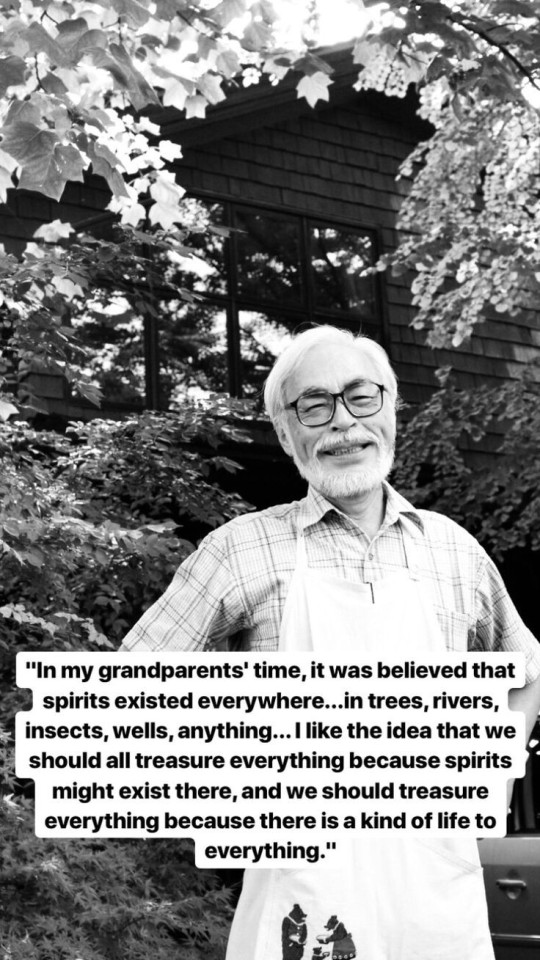
#aesthetic#books & libraries#moodboard#academicism#dark academism#dark acamedia#museums#quotes#cottagecore#art#studio ghibli#ghibli films#ghibli aesthetic#ghibliedit#hayao miyazaki#hayao mizayaki
407 notes
·
View notes
Text
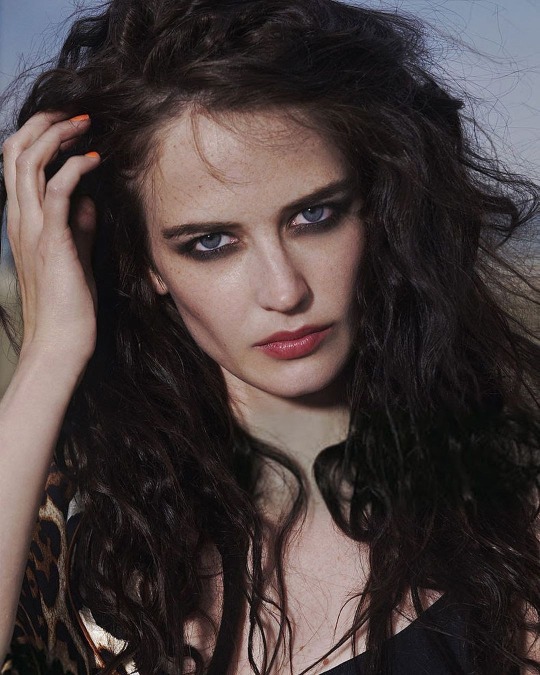
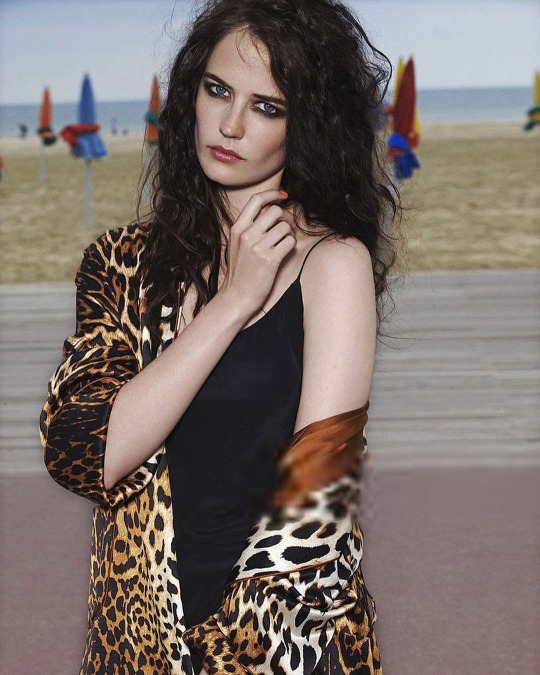

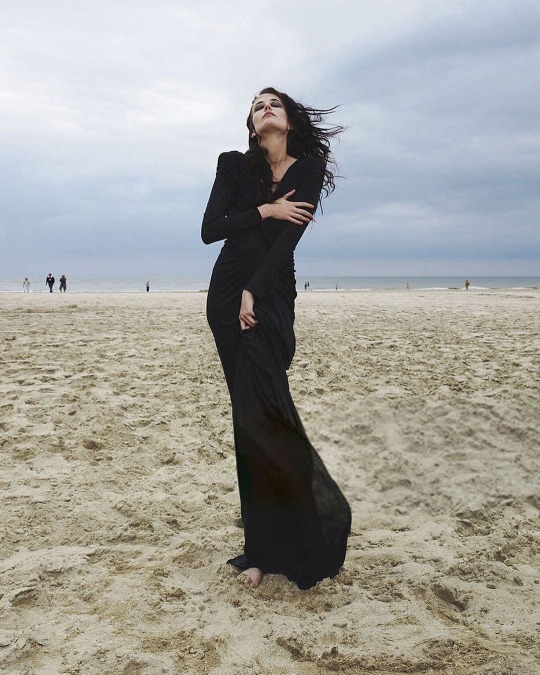

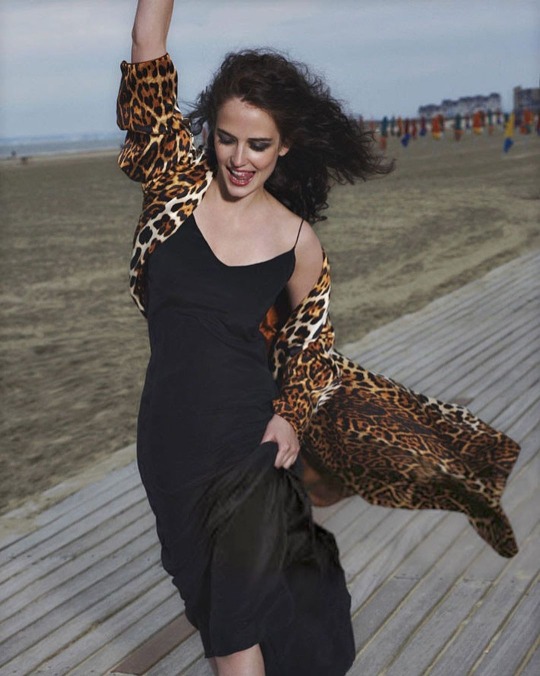
Eva Green is a goddess
#eva green#goddess#hollywood#goth#gothic#dark academia#dark academic aesthetic#aesthetic#film#films#movie#movies#feminine deity#dark feminine energy#feminine aesthetic#feminine#divine feminine#powerful woman#inspiring women
598 notes
·
View notes
Text

Gene Tierney and Jeanne Crain on the set of Leave Her To Heaven (1945)
#alternative#juresmccann#grunge#dark academia#dark grunge#gothic#tumblr#light academia#light academic aesthetic#light grunge#light acadamia aesthetic#jeanne crain#gene tierney#leave her to heaven#laura 1944#1940s fashion#1940s vintage#1920s#1940s#1950s#old noir#old films#old hollywood#40s aesthetic#40s icons#40s movies#40s style#40s
65 notes
·
View notes
Text
This has been an exciting ride, and quite the experience. I've gained quite a lot of knowledge, not only academically but in life as well. One thing I can say to pass along, is when it comes to doing interviews, make sure you have plenty of back up options and you figure those out way early in the planning process.
#law enforcement#youtube#uhwo acm#cinema#film production#police#capstone#academic film#film#short film
2 notes
·
View notes
Text

Marie-Antoinette 🌷✨
« Letting everyone down would be my greatest unhappiness. »
#art#artists on tumblr#artwork#character art#my art#sketchbook#dark academic aesthetic#period drama#history#sofia coppola#movies#perioddramaedit#perioddramasource#period dress#costume#costumes#marie antoinette#kirsten dunst#weloveperioddrama#vintage#books & libraries#aesthetic#fanart#film#filmedit#film icons#illustration#illustrators on tumblr#dark academia#dark acadamia aesthetic
78 notes
·
View notes
Text










Anne Hathaway as Jane Austen
James McAvoy as Tom LeVroy
Becoming Jane (2007)
Directed by Julian Jarrold
— “𝘠𝘰𝘶 𝘥𝘢𝘯𝘤𝘦 𝘸𝘪𝘵𝘩 𝘱𝘢𝘴𝘴𝘪𝘰𝘯.”
— “𝘕𝘰 𝘴𝘦𝘯𝘴𝘪𝘣𝘭𝘦 𝘸𝘰𝘮𝘢𝘯 𝘸𝘰𝘶𝘭𝘥 𝘥𝘦𝘮𝘰𝘯𝘴𝘵𝘳𝘢𝘵𝘦 𝘱𝘢𝘴𝘴𝘪𝘰𝘯, 𝘪𝘧 𝘵𝘩𝘦 𝘱𝘶𝘳𝘱𝘰𝘴𝘦 𝘸𝘦𝘳𝘦 𝘵𝘰 𝘢𝘵𝘵𝘳𝘢𝘤𝘵 𝘢 𝘩𝘶𝘴𝘣𝘢𝘯𝘥.”
#light academia#dark academia#classical#academia aesthetic#escapism#academia#books and libraries#classic literature#books#architecture#film#becoming jane#2007#movie#period drama#jane austen#Tom LeVroy#anne hathaway#james mcavoy#stills#movie stills#film stills#royal core#cottage core#aesthetic#academic#cinephile#mood#vibe#tumblr
171 notes
·
View notes
Text


bookstore // 35 mm
#posting my photography for a change#my photos#dark academia#chaotic academia#dark academia aesthetic#chaotic academic aesthetic#academia aesthetic#bookstore#photography#35mm#35mm film#35mm photography
43 notes
·
View notes
Text








“I’ll meet you in New York”
#aesthetic#dark academia aesthetic#dark acamedia#dark academism#new york#new york photo#nyc#nyc photography#nyclife#nyc girl#city lights#cityscape#pinterest moodboard#moodboard aesthetic#my moodboards#moodboard#pinterest#chaotic academic aesthetic#city aesthetic#new york city#dark academia photography#chic#studyblr#study motivation#books and candles#nyc subway#tumblr girls#film
110 notes
·
View notes
Text
rewatching the same movie and hoping it doesn’t end the same way it has 100 times before
#dead poets society#the perks of being a wallflower#romeo + juliet#dark academia#deadpoetsnet#kill your darlings#my post#new poets society#academia aesthetic#sleep deprivation#english literature#books & libraries#poem#romeo and juliet#dark acadamia aesthetic#light academia aesthetic#classic academia#academic#academia#romantic academia#chaotic academia#light academia#chaotic academic aesthetic#aestheticism#film#movies#aesthetic
110 notes
·
View notes